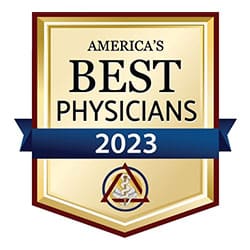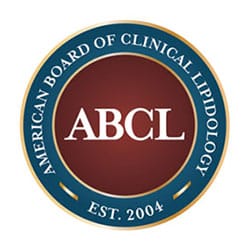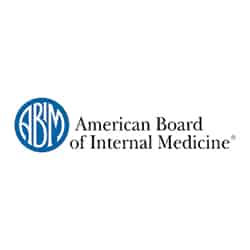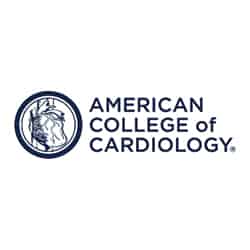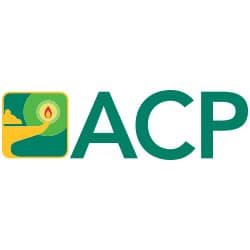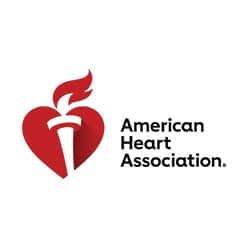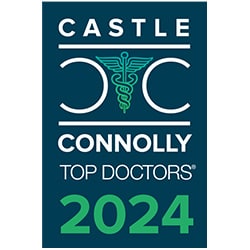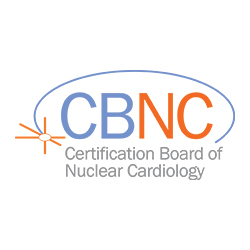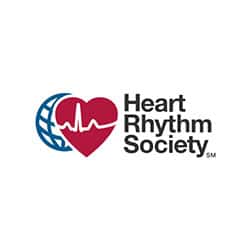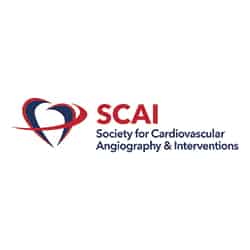An echocardiogram is one of the simplest medical tests to undergo, yet one of the most important if you have cardiovascular issues. This noninvasive tool helps the doctors diagnose potential problems in order to intervene as early as possible to head off potential complications.
St. Louis Heart & Vascular is equipped to perform your echocardiogram right in their offices. To learn more, call one of the seven locations in St. Louis, Des Peres, St. Charles, and Bridgeton, Missouri, and Granite City, Illinois.
Echocardiogram Tests Q&A
What is an echocardiogram?
In the simplest of terms, an echocardiogram is a tool that your doctor uses to see how your heart is functioning. The echocardiogram is sometimes called a cardiac ultrasound because it uses sound waves to produce images of your heart in action, allowing your doctor to check the function of your heart in real-time.
This diagnostic tool is critical to heart specialists, which is why St. Louis Heart and Vascular is equipped with the ability to do echocardiograms in their offices, meaning patients don’t need to go elsewhere for testing.
What happens during an echocardiogram?
Before your echocardiogram, your doctor places electrodes around your chest to record the electrical activity of your heart.
Once you’re hooked up, the doctor simply uses a transducer to send sound waves out, which bounce back and form an image on a monitor. Your doctor may also inject a dye into your bloodstream to create contrast so they can see your heart better.
If your doctor isn’t able to get a clear picture, they may decide to perform a transesophageal echocardiogram, where they thread the transducer down your throat for a closer look at your heart. For this test, they give you a sedative first.
What can an echocardiogram detect?
As diagnostic tools go, the echocardiogram is one of the most valuable at St. Louis Heart and Vascular because it allows your doctor to get a glimpse at what’s going on inside your chest.
If you’re feeling symptoms like shortness of breath or fatigue, one of the first tests your doctor turns to is an echocardiogram. The resulting images from this test can show:
- The size of your heart
- The pumping strength of your heart
- Any damage to your heart
- How your heart valves are functioning
- How blood is flowing through your heart
- If there’s any fluid around your heart
Armed with this valuable information, your doctor can then zero in on the cause of your problem and recommend the appropriate treatment. Or your cardiologist may find something that warrants further investigation, in which case they’ll discuss the next steps with you.
If you’d like to explore how an echocardiogram can help you, find a St. Louis Heart and Vascular location near you and call for more information.
What are the Types of Echocardiograms?
There are different types of echocardiograms that a doctor can order, depending on the circumstances of your situation.
Transthoracic Echocardiogram: This is the standard test. It’s like an x-ray but with no radiation. After applying electrodes to your body, the cardiac sonographer will use a transducer on your chest to send high-frequency sound waves (ultrasound) that bounce off your heart to create images and sounds. Changes in the sound waves, called cholesterol, can show the direction and speed of blood moving through your heart. This test takes about 40 minutes to complete and afterward you can go about your day just like normal.
Transesophageal Echocardiogram (TEE): For this test, the transducer goes down your throat and into your esophagus, the swallowing tube that connects your mouth to your stomach. Because it’s closer to your heart, it can get a clearer picture. For a TEE, you’ll be given a mild sedative to help you relax, which wears off about an hour after the test is complete. The test takes about 10 to 30 minutes and then nurses monitor you for an additional 20 to 30 minutes afterward. Due to the sedative, you may still experience dizziness or drowsiness, so someone else should drive you home.
Stress Echocardiogram: You have this stress test while exercising on a treadmill. It shows the motion of your heart’s walls and pumping action when it’s working hard. It can also show a lack of blood flow that might not appear on other heart tests. For this procedure, a cardiac sonographer will attach EKG electrodes to your chest. They’ll chart your heart activity and take your vital signs. The sonographer will start with a transthoracic echocardiogram, after which you’ll get on the treadmill to start exercising. The medical team will slowly raise the intensity while monitoring your heart and asking you about any symptoms. The whole appointment takes about an hour, but the treadmill portion is only about 15 minutes.
What do Echocardiogram Results Show?
An echocardiogram can help your doctor diagnose several kinds of heart problems, including:
- An enlarged heart or thick ventricles
- Weakened heart muscles
- Problems with your heart valves
- Heart defects you’ve had since birth
- Blood clots or tumors
Echocardiogram Tests Available at These Locations
We offer Echocardiogram Tests at the following St. Louis Heart and Vascular locations. Contact us to schedule your appointment today.
Bridgeton Office
- (314) 741-0911
- 3550 McKelvey Rd.
Bridgeton, MO 63044 - Location Info
Des Peres Hospital Office
- (314) 741-0911
- 2325 Dougherty Ferry Road, Suite 203
St. Louis, MO 63122 - Location Info
Granite City Office
- (314) 741-0911
- 2120 Madison Ave., Suite 101
Granite City, IL 62040 - Location Info
SLHV Sleep Lab
- (314) 741-0911
- 3550 McKelvey Rd.
Bridgeton, MO 63044 - Location Info
St. Charles Office
- (314) 741-0911
- 1551 Wall Street, Suite 410
St. Charles, MO 63303 - Location Info

